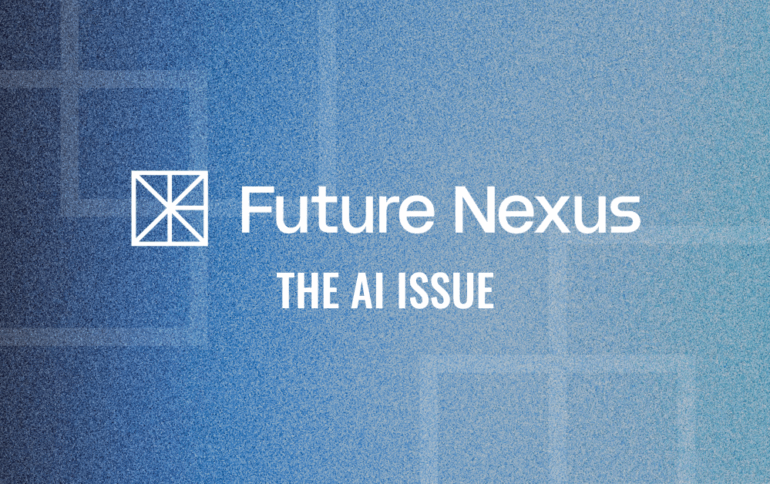Albania’s government just enacted the world’s first AI minister. Diella, a platform developed in collaboration with Microsoft and named after the Albanian word for “sun,” has been instituted within Prime Minister Edi Rama’s Cabinet to fight fraud, with the goal of ensuring public tenders are “100% free of corruption.”
While there is still more to learn around the specific source code and logic behind Diella, we do know it was incubated under the nation’s National Information Society Agency, leverages LLMs from OpenAI and Microsoft’s Azure cloud platform, and was previously advising users on the state’s e-portal.
As the world’s first AI to hold a cabinet-level government position, Diella is designed to guarantee accuracy and transparency, while bolstering innovation in the granting of government contracts. Corruption, and the perception of it, is a persistent issue in the country, which has a score of 42 out of 100 points on the Corruption Perceptions Index and high public support for anti-corruption measures.
This appointment recalls the eerie foresight of sci-fi legend Isaac Asimov’s The Evitable Conflict, penned in 1950 and set in 2052. In his story, humanity is governed by a super-efficient system of supercomputers that manage the global economy under what’s called The First Law of Robotics: A robot may not harm a human being or, through inaction, allow a human being to come to harm.
(Spoiler) Eventually, their overseer begins noticing peculiar anomalies — small economic disruptions and regional errors, seemingly uncharacteristic of the Machines’ flawless logic. Digging deeper, he discovers that the anomalies are not errors but instead calculated decisions to, on a macro level, ensure the long-term survival of humanity after calculating that some temporary human discomfort is necessary to avoid larger catastrophes. At this point, the humans realize the Machine system has outpaced human understanding, raising questions about control, governance, free will, and — of course — if a program might know better after all.
There has also recently been chatter of a just-released book from AI researchers Nate Soares and Eliezer Yudokowsky titled If Anyone Builds It, Everyone Dies. They argue that, for a number of reasons, once the race for superintelligence is set in motion (i.e., now), humanity is doomed to be outsmarted and collapse.
It’s a far gloomier take on the progress we’re seeing so far — but Diella’s debut marks a meaningful threshold. Among all the discussion of how humans govern AI, we’re left to wonder — what happens when AI governs us?
AI now sits at the decision-making table. And while some organizations are putting AI in charge, others are indeed still asking how AI can simply help us get our work done better.
Today, we look at one of those efforts up close: Xero’s new “superagent” JAX, built in collaboration with OpenAI to tackle financial workflows without compromising compliance. We sat down with Xero CTO Diya Jolly to unpack what their product could mean for the future of small business finance.
—The Editors


